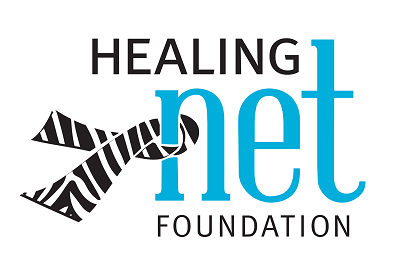CHEMOTHERAPY
Chemotherapy is used for patients with neuroendocrine carcinomas (Grade 3 well-differentiated NETs and poorly-differentiated NEC). This aggressive malignancy grows rapidly, and while it is typically responsive to chemotherapy and targeted radiation, rapid recurrence after treatment is common. Platinum doublets such as cisplatin or carboplatin with etoposide, are most commonly used frontline. Based on limited data, many clinicians empirically employ second-line fluoropyrimidine combination regimens, such as FOLFIRI, FOLFOX, or FOLFIRINOX (NCCN 2018).
For well-differentiated Grade 1 and 2 NETs, alkylating chemotherapy is less frequently a suitable option. However, chemotherapy has its most established role in patients with NETs originating in the pancreas. Streptozocin- and temozolomide-based regimens are both supported by randomized data, with many clinicians using capecitabine/ temozolomide (CAPTEM). The dosing is usually capecitabine 750 mg/m2 twice daily, day 1-14, and temozolomide 200mg/ m2 once daily, day 10-14, then two weeks off, repeated on monthly cycles. Though data are limited, some clinicians use temozolomide-based chemotherapy empirically for patients with rapidly-progressing disease, even when the NET arises outside of the pancreas.
MOLECULARLY TARGETED AND BIOLOGICAL THERAPIES
Molecularly targeted agents have proven beneficial for patients with well-differentiated NETs. For patients with pancreatic NETs, both the mTOR inhibitor everolimus (AFINITOR®, 10 mg daily) and the tyrosine kinase inhibitor sunitinib (SUTENT®, 37.5 mg daily) have shown delays in progression or death in randomized studies. For patients with GI or pulmonary NETs, everolimus also delays progression or death. Additional regimens with less clear data include bevacizumab/octreotide and interferon/octreotide and are used less commonly in clinical practice.



